New toolkit to support community-led Hunter/Harvester/Guardian programs in the North
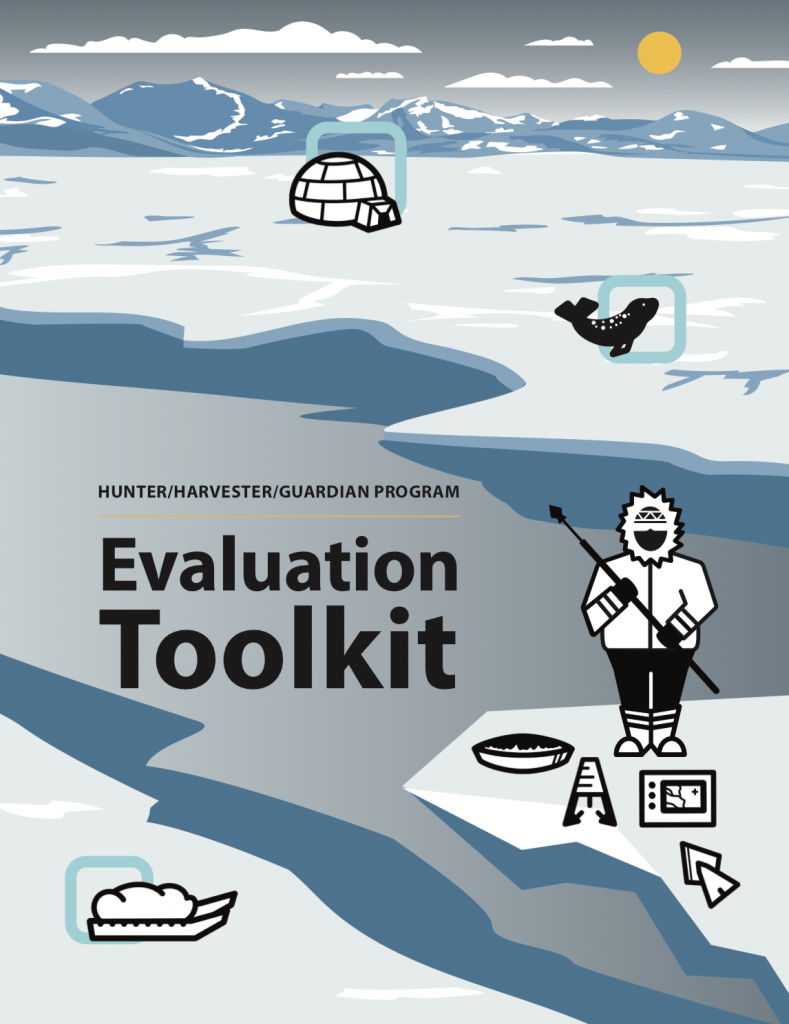
MakeWay and SRDC have launched a Hunter/ Harvester/ Guardian Program Evaluation Toolkit to support Indigenous communities in the North to plan, design, and implement evaluations to assess the impacts of their Hunter/Harvester/Guardian programs.
Building Sustainable Local Food Solutions in Northern Manitoba
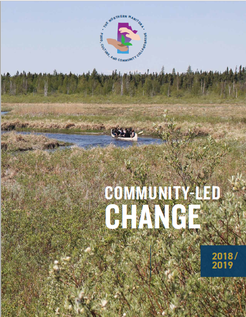
Since time immemorial, Indigenous communities have been practicing holistic ways of being, and relationships with land and water. These ways of being and reciprocal relationships sustained nations. That is, until colonization disrupted and damaged local food systems, knowledge sharing, and self-reliance within communities. Despite these disruptions, broken treaty promises, and continued damages to land and […]
Key lessons in developing a Collaborative’s theory of change
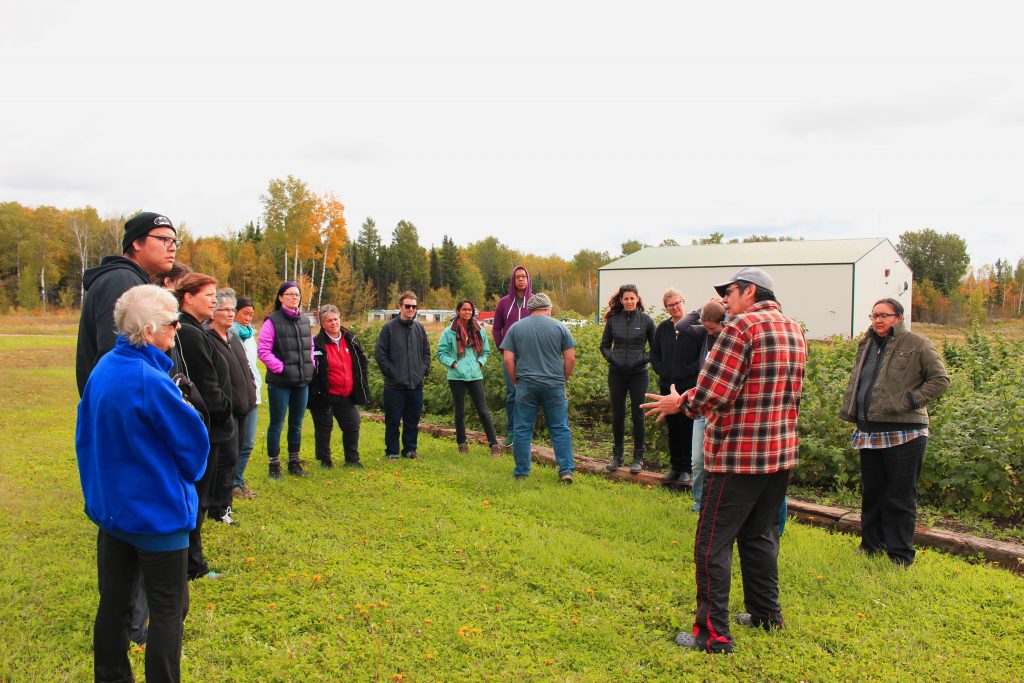
Program Lead Julie Price shares lessons from developing a theory of change for the Northern Manitoba Food, Culture, and Community Collaborative in concert with large group of northern community members, advisors, funders, and partner organizations.
Community stories share local food successes in northern Manitoba
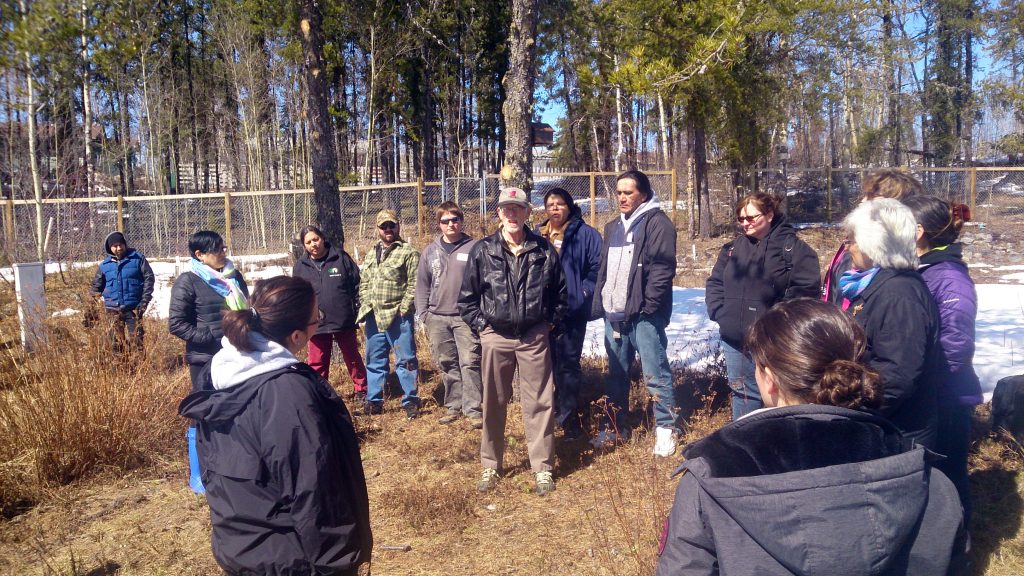
928 kilometres north of Winnipeg, Manitoba lies Barren Lands First Nation and Brochet. Facing high food costs, the community of just over 600 people expanded on an already existing interest in gardening by building a 14 x 20-foot greenhouse in 2013 in coordination with their local health centre and the Northern Manitoba Food, Culture, and Community Collaborative (NMFCCC). This is only one of many inspiring examples from the NMFCCC 2016 Community Stories booklet, which shares learnings from 18 communities.
Learning trip to Opaskwayak Cree Nation and Sherridon, Manitoba

Two weeks into my new role as Program Associate with Tides Canada working on the Northern Manitoba Food, Culture, and Community Collaborative (NMFCCC), I had the opportunity to go on the 2016 NMFCCC Learning Trip. The Collaborative’s fourth learning trip took us to Opaskwayak Cree Nation (OCN) and Sherridon for one week. The trip provides the Collaborative’s funders with an opportunity to get to know the community partners, learn about life in northern communities, and understand some of the challenges the people on the ground face.
New chapter in the Green Legacies Guide explores food and farmland
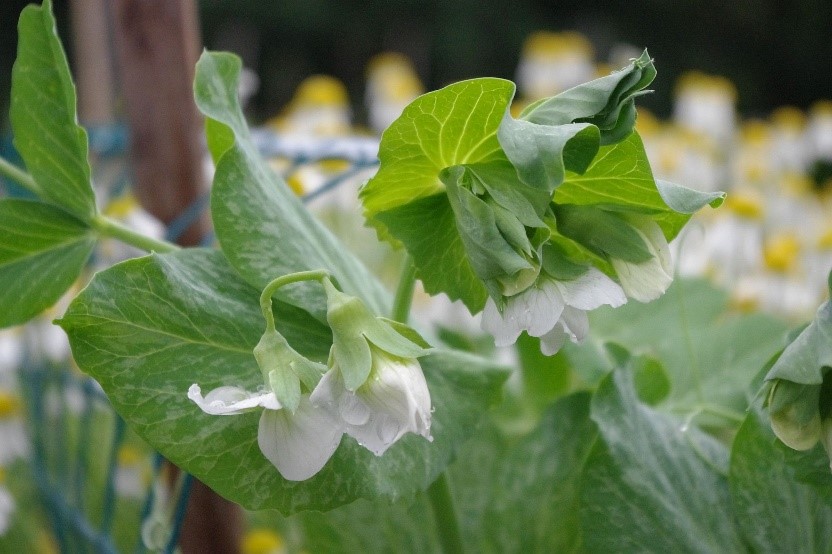
Shared platform project Give Green Canada (G2) is introducing a new chapter around foodland and farmland to add to the Green Legacies Guide. The Guide is a robust resource for professional advisors and for individuals who are contemplating making a gift to benefit the environment. The new chapter provides key context and essential information to potential donors to ensure a vibrant and growing future for foodland and farmland in Canada.
Stories of communities leading change in Northern Manitoba
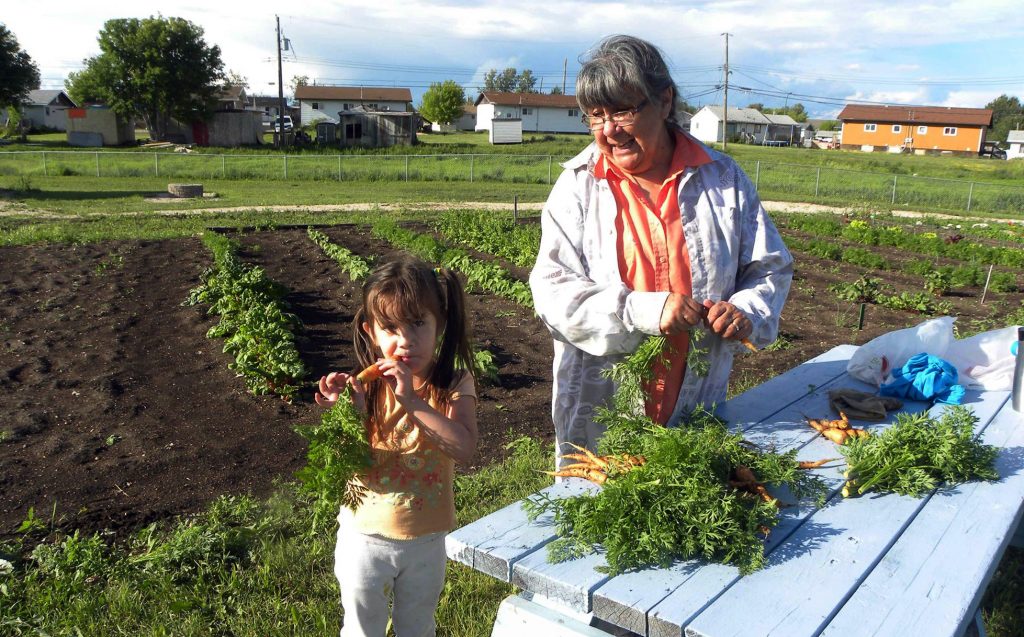
The Northern Manitoba Food, Culture, and Community Collaborative has released its annual report highlighting inspiring communities in Northern Manitoba leading change.
Learning about gardens and greenhouses in the boreal forest

In late April, the Northern Manitoba Food, Culture, and Community Collaborative co-organized a garden and greenhouse workshop in Leaf Rapids, which brought together over 50 people from 18 Northern Manitoban communities. The workshop enabled participants to acquire additional skills, share ideas, and meet and build connections with people doing similar work.
The salmon farm of the future? Kuterra featured on CBC’s The National
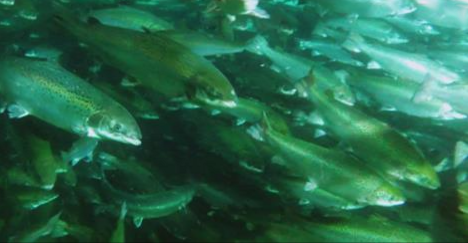
What does the future of salmon farming look like? CBC’s The National features the ‘Namgis First Nation’s Kuterra project, funded in part by Tides Canada through our Salmon Aquaculture Innovation Fund.
Announcing winners of this year’s Fish 2.0 competition—innovations in aquaculture
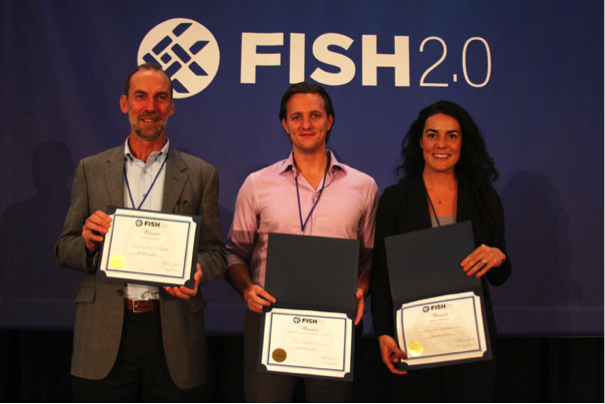
Tides Canada continues to support the Fish 2.0 business competition to advance sustainable aquaculture solutions that protect wild salmon and the marine environment while encouraging a successful seafood industry.